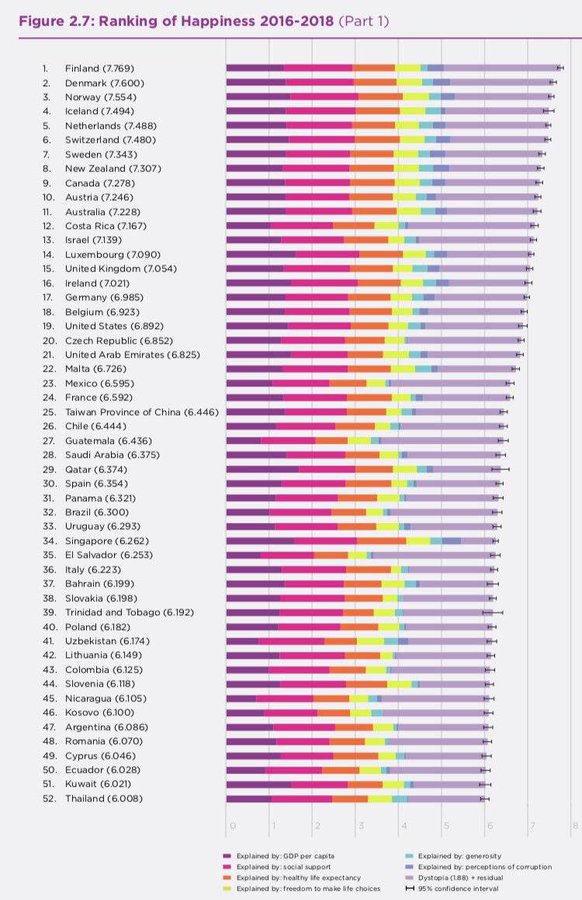If you Google socialism, you can come up with a few different definitions...
From Oxford languages: a political and economic theory of social organization which advocates that the means of production, distribution, and exchange should be owned or regulated by the community as a whole.
From Wikipedia: Socialism is a political, social, and economic philosophy encompassing a range of economic and social systems characterised by social ownership of the means of production.
From Britannica: Socialism, social and economic doctrine that calls for public rather than private ownership or control of property and natural resources.
From Dictionary.com: a theory or system of social organization that advocates the ownership and control of the means of production and distribution, capital, land, etc., by the community as a whole, usually through a centralized government.
Some of the definitions define it as public ownership of production while others say that it includes public
control of production, i.e. regulation. I've always understood it to be public ownership of production, but I may have been wrong.
What's been your understanding of socialism.
After some review of this thread I decided to start at the top.
I find that although I disagree with Marx on some issues, or let me say I at least do not agree with him on some issue (even if I have not formulated a cogent criticism), I do find his overall perspective and his general analysis to ring true in my ears. So much of what I say will probably reflect his ideas while some will seem to almost conflict with his ideas.
Let's take the subject of definitions for an example. First, I agree with the premise that in class society, everything takes on a class character. This is especially true in cases that tend to be controversial. Definitions are controversial. So, coincidentally, definitions have a class character. The capitalist class has its favorite definitions of socialism, and they conflict with those definitions that are in the interest of the working class.
The capitalist class has worked long and hard to slant the playing field in their interest. What else could be expected? So capitalists define socialism in terms that lend it a derogatory and/or insulting quality. An example, although it isn't so much a "definition" as it is a slur, some notable anti-socialist individuals have said "the problem with socialism is that you eventually run out of other people's money". Not only does it not define socialism, but it also breaks down upon examination, proving to be false and meaningless.
The goal is to make socialism look unreasonable, foolish, impractical, and repugnant.
Ok, enough for now about bourgeois definitions that are designed to favor and benefit the bourgeoisie. If a valid definition of socialism is desired, then the source of the definition needs to be a socialist, preferably one who is engaged in the work of organizing the working class as an advocate of socialism and of the transformation of society to socialism. But for now, I offer what I've learned, understood, and figured out after many years of exposure to, and inquiry into, such sources.
All attempts to create a national economy based on, and describable as, "socialism" have also been efforts to end capitalism or other oppressive economic system. And all of these advocates of socialism who've headed up the effort to lead the transition have said that socialism would be "the liberation of the working class from ..... (exploitation)". They said while capitalism is the domination of capital and the capitalist class over the working class, socialism would be the domination of the working class over the capitalist class. And this new relationship was named by Marx as "the dictatorship of the proletariat (working class)" over the capitalist class.
So maybe now we can jump to a definition of socialism. My suggestion would be that it be known as
"an economic system in which the working class owns and runs the Means Of Production collectively and democratically for the benefit of society, while banning private ownership of the MOP and the private profit that derives from it".
That eliminates the notion of "mixing" capitalism and socialism being possible, and it excludes democratic socialism as a possible form of "socialism".
It's also worthwhile to note the past was a learning period, and no reasonable person ever expected any of the earliest attempts to create socialism to go smoothly and with complete success. But much was learned and each new attempt benefits from the lessons learned from past efforts. Consequently, we can be sure that the most desirable process to socialism will be a gradual, methodical one and will therefore provide opportunities to learn as we go and to correct errors and problems before they mushroom into disasters. And therefore, with such a gradual transition, the ultimate finished, functioning, stable socialist economy and relations of production will be very different from what it will be at the outset. Only then will conditions lend themselves to being structured effectively as community ownership and control of production. Only then will a socialist government limit itself to mostly record-keeping functions including statistics, inventories, sales volumes, production levels, and distribution data while facilitating worker control of industry and business.


